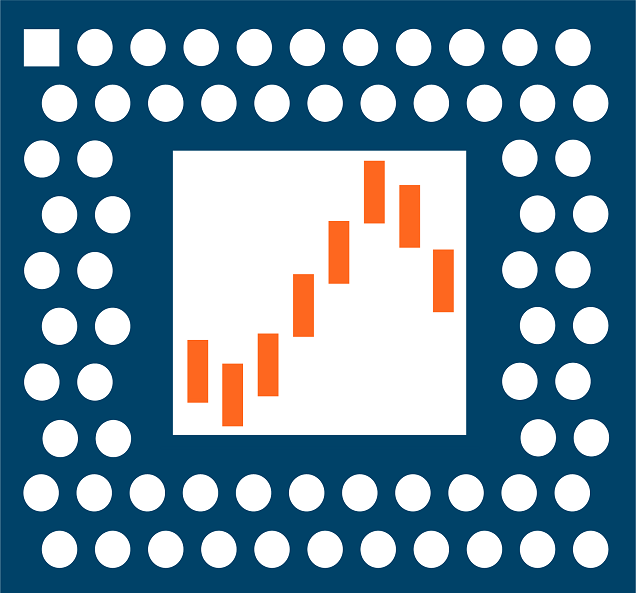Our traditional premier events are:
Mediterranean Conference on Embedded Computing (MECO)
International Conference on Cyber-Physical Systems and Internet-of-Things (CPS&IoT)
Summer School on Cyber Physical Systems and Internet of Things (SSCPS&IoT)
Special Sessions:
Each MECO and CPSIoT conferences organize a certain number of thematic Workshops or Sessions, dedicated to challenging topics and outstanding projects. The list and CFP for this year Workshops and Sessions will be updated timely.
1st ARCA Workshop on Artificial Intelligence and Climate Change Hazards
Date:12-15 June 2025
Workshop description:
This Workshop explores how AI, machine learning, computer vision, IoT, and cyber-physical systems can detect early signs of natural and human-made disasters. Focused on Mediterranean and Balkan cross-border ecosystems, it promotes collaboration between researchers, engineers, climate scientists, and policymakers. Participants will design and evaluate AI-based systems for monitoring, alerting, and resilience, and present their work—from early ideas to advanced solutions—for protecting environments at local and regional scales.
Workshop objectives:
- Explore how machine learning, computer vision, IoT, CPS and AI i broader and narrow sense can detect early signs of natural or man made disasters.
- Design and evaluate AI platforms for monitoring, alerting, and resilience-building in different eco systems with emphasis to Mediterranean and Balkan Crossborder.
- Foster collaboration between AI researchers, climate scientists, engineers, and policy stakeholders.
- Propose feasible IoT and AI systems to protect your environment in local and larger scales.
- Present your research from basic to outstanding level on this topic
This workshop is organized within ARCA, Interreg IPA Adrion Project.
Contact:
Recent Posts
- MECO&CPSIoT 2025 Conference Proceedings Now Available in IEEEXplore!
- MECO’2025 & CPSIoT’2025 Conference the BEST Awards
- The 6th Summer School on Cyber Physical Systems and Internet of Things (SS-CPSIoT’25) has successfully concluded!
- Annual Editions of MECO’2025 & CPSIoT’2025 Conferences successfully realized!
- Note of thanks to MECO Conference sponsors

